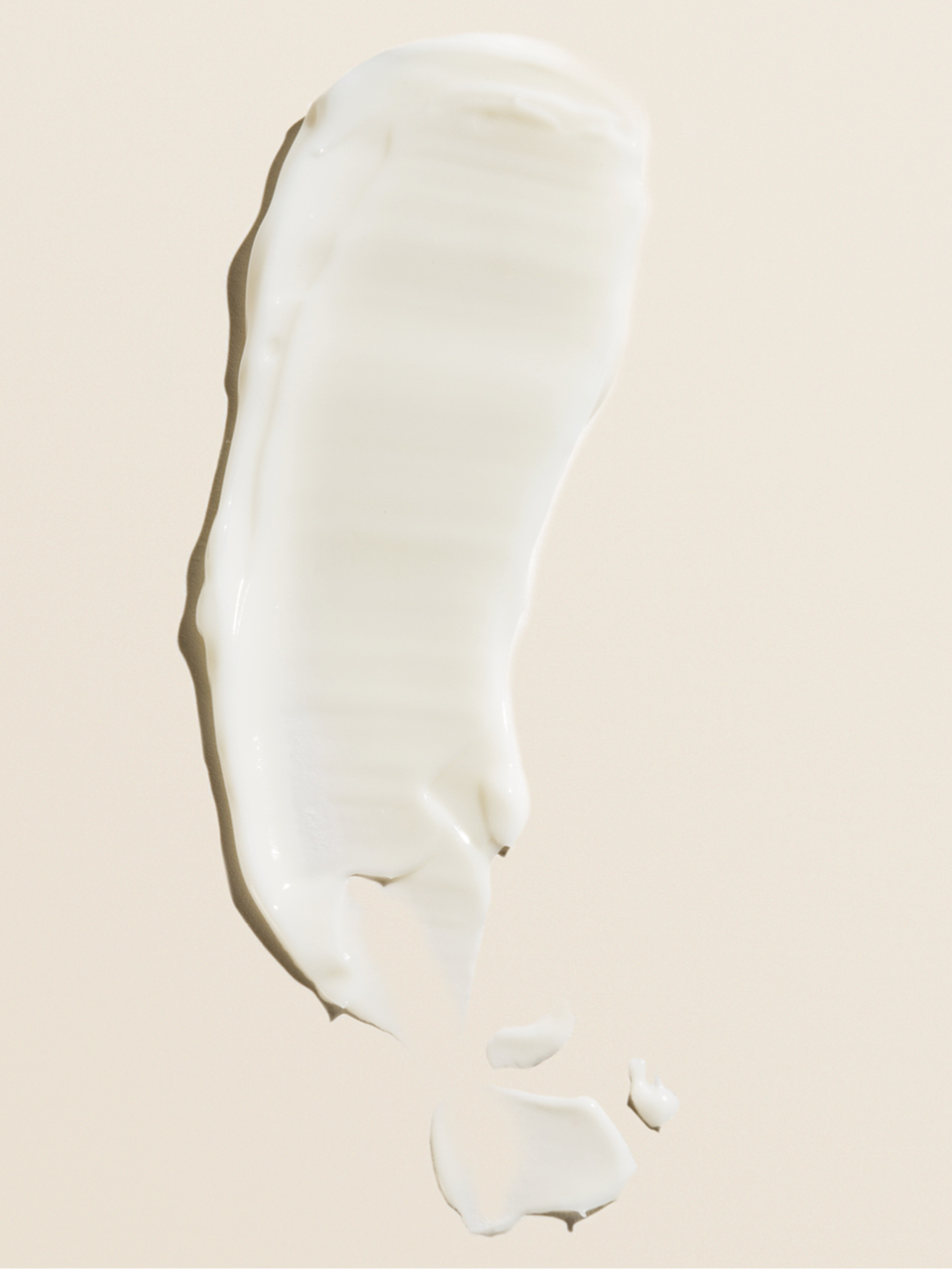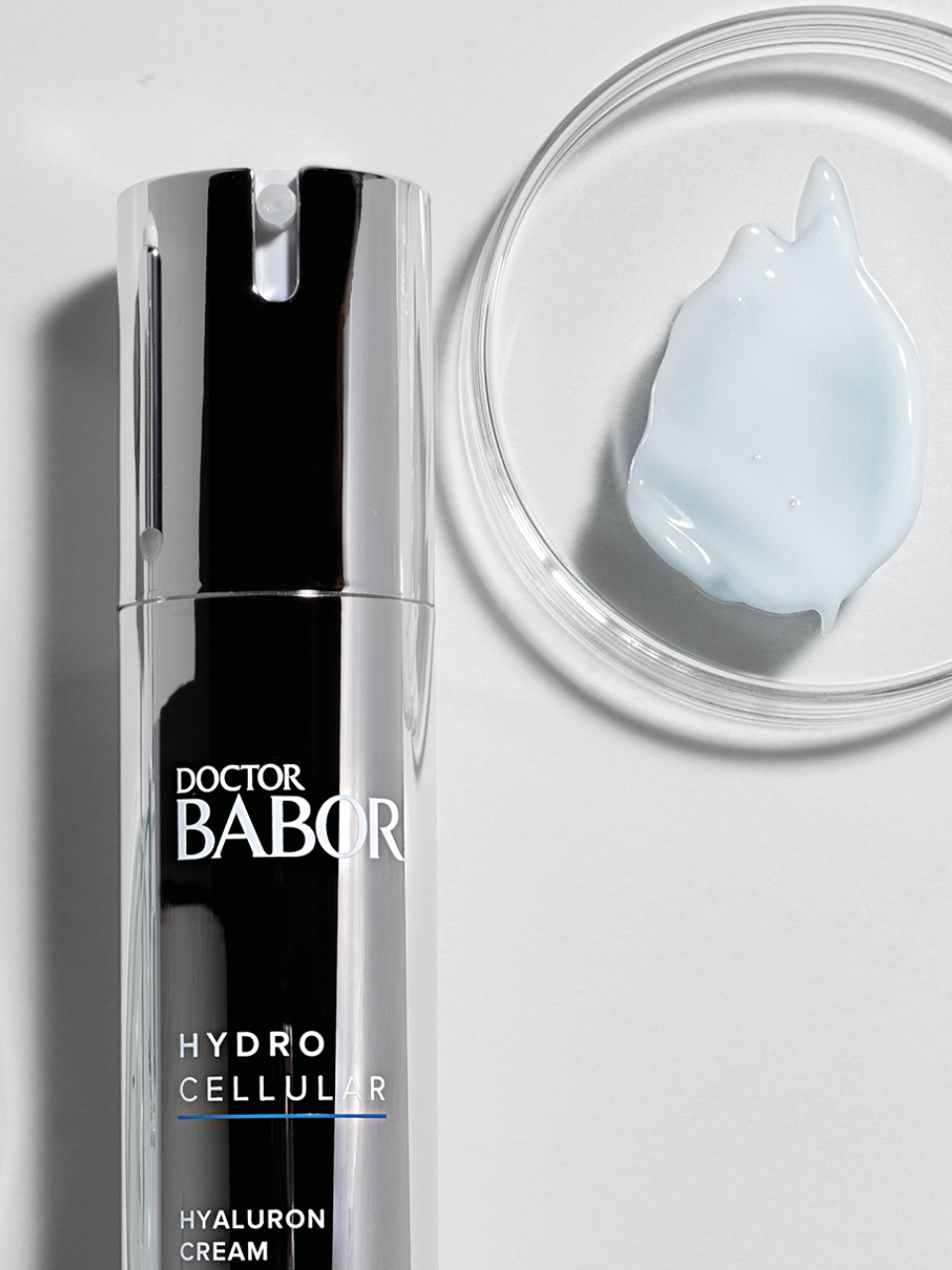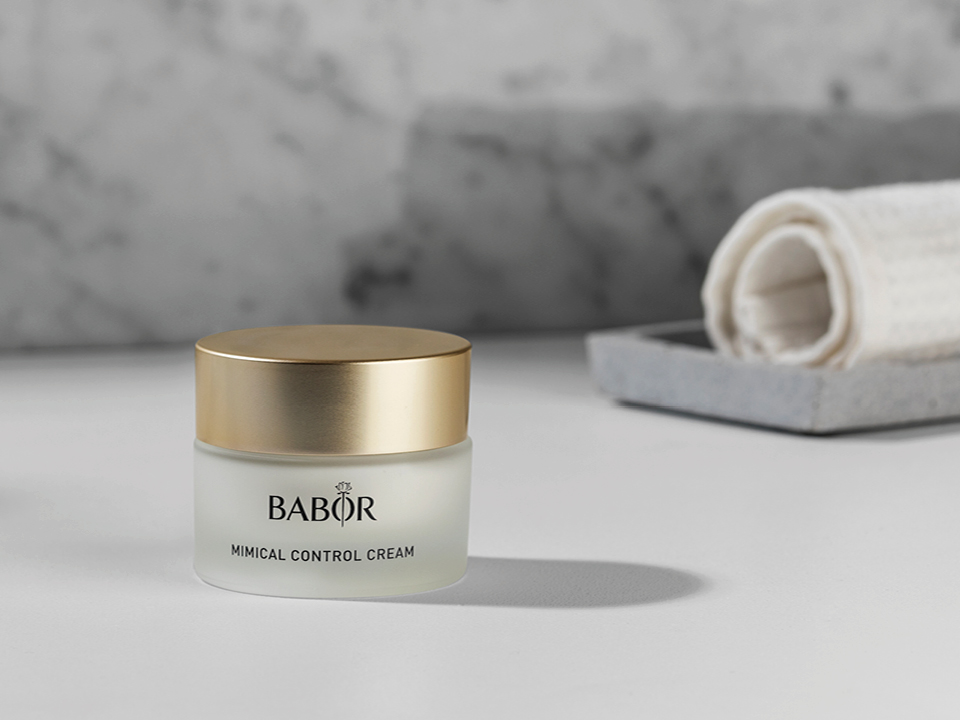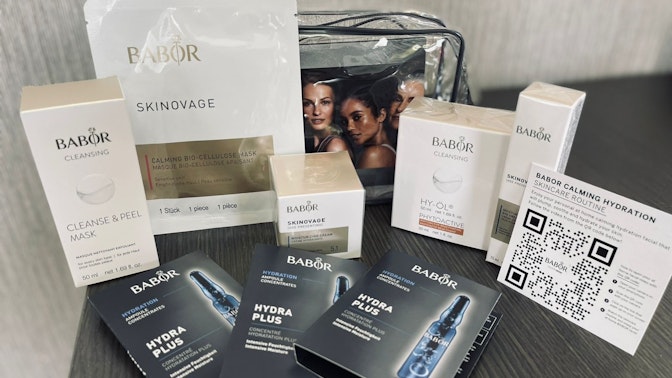With a moisturizer we can protect our skin from dryness and support its natural moisture balance But who is a moisturizer suitable for? Actually, every skin needs moisture to be able to shine. That's why we would like to introduce you to the best moisturizers for every skin type.
A First-Hand Beauty Tip!
While a good moisturizer will take care of dry skin, you can also help your skin by drinking enough water. Two to three liters a day are optimal but one more won’t hurt in the name of beauty!

Apply moisturizer correctly
- Clean your face before applying the moisturizer to your face, neck, and décolleté.
- Apply cream to your face, neck, and décolleté starting from the bottom and working upwards.
- Ideally, use products from the same skin care line.
- Take irritation or extremely blemished skin seriously and seek advice from your esthetician or a dermatologist.
- If your skin is still tight or has other reactions after applying the cream, choose another product.
Moisturizer for normal skin
Normal skin is uncomplicated, because it is neither dry nor oily. The complexion of normal skin is balanced and the skin is relatively insensitive. Using a simple moisturizer can help keep it that way.
Simple moisturizer for normal skin

Moisturizer for dry skin
Dry skin often feels rough and is uncomfortably tight. Scaly patches of skin are also a sign of dry skin. Dry skin can have genetic causes, but certain environmental factors can also cause dry skin. The barrier function of dry skin is disturbed, so that it can no longer protect itself sufficiently. Therefore, it is even more important that you care for them with a rich moisturizer to support the skin barrier.
Intensive moisturizer for dry skin
Moisturizer for sensitive skin
Sensitive skin shows similar signs of dry skin. However, sensitive skin is also more prone to redness and itching. These symptoms can be triggered by environmental influences, but also by stress or a poor diet. For skin care, this means paying special attention to ingredients. A moisturizer for sensitive skin should contain as few ingredients as possible that could further irritate the skin. On the other hand, the cream should gently nourish, relieve irritation, and provide soothing. A moisturizer with a skin-neutral pH value is ideal for particularly sensitive skin.
Soothing moisturizer for sensitive skin

Moisturizer for mature skin
Mature skin is often dry, because over the years the skin loses moisture and lipids and is less able to store them. This causes dryness wrinkles. Mature skin also loses elasticity. Using a rich, anti-aging moisturizer now can help reduce wrinkles and prevent new ones from forming. A good moisturizer for mature skin should intensively moisturize and provide lipids while containing effective anti-aging ingredients.
Moisturizer for mature skin with anti-aging effect
Moisturizer for blemished skin & oily skin
Blemished skin and oily skin tends to produce more sebum, which often makes the face appear greasy and shiny. In addition, oily skin can be prone to clogged pores, which can result in pimples and blemishes. Since the skin is already very oily, the moisturizer should be light and not too rich. However, not using a moisturizer at all is not a good decision for blemished skin, as a lack of hydration and permanent degreasing stimulates the sebaceous glands and constantly re-greases. The right choice for blemished skin is therefore a light moisturizer that is quickly absorbed and contains soothing, mattifying or sebum-regulating ingredients.
Light moisturizer for blemished & oily skin
Moisturizer for combination skin
Combination skin has dry areas in the cheeks and oily skin especially in the T-zone, i.e. forehead, nose and chin. The perfect moisturizer for combination skin should therefore address both needs equally. An oil-free moisturizer is particularly suitable because it does not clog pores.
Oil-free moisturizer for combination skin
And here’s how to tell if you’ve found the right moisturizer for your skin type:
If your skin feels comfortable after applying the cream and you like the smell of it, then you have found a suitable moisturizer for you. However, if your skin is still tight after applying cream, then your moisturizer is probably not rich enough for your skin needs. Reapplying the cream won’t really help here; instead, go for richer facial skin care. If you like it a little lighter during the day, then you can also use a lighter cream during the day and a richer cream for the night. Also, you should change the cream if your skin burns after applying the cream or you get pimples from the cream.
Once you have found the right cream, you are sure to get along with it for quite a while. However, don’t forget that your skin changes over the years and environmental factors can also cause changes on the skin, so you should adapt your cream to the new needs of your skin.
Tip for finding the right moisturizer:
Always test a new skin care product first on areas of the body that resemble facial skin, such as the back of your hand or the crook of your arm.




